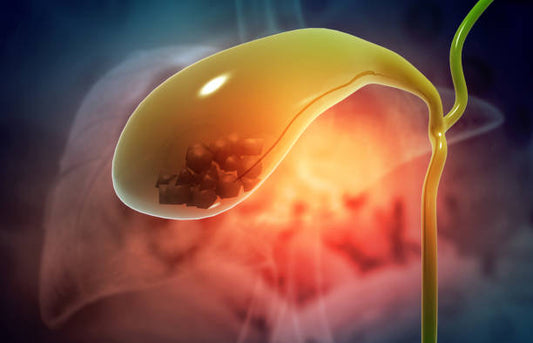Raspberry seed oil, derived from the seeds of the raspberry fruit (Rubus idaeus), is a luxurious botanical oil celebrated for its potent antioxidant properties and numerous skincare benefits. Rich in essential fatty acids, vitamins, and antioxidants, raspberry seed oil offers a nourishing and protective shield for the skin, helping to combat signs of aging, hydrate dry skin, and promote a radiant complexion. In this article, we'll explore the wonders of raspberry seed oil, its advantages, and how it can elevate your skincare routine to new heights.

Unveiling the Benefits of Raspberry Seed Oil:
-
Antioxidant Protection: Raspberry seed oil is packed with antioxidants, including vitamin E, vitamin A, and ellagic acid, which help neutralize free radicals and protect the skin from oxidative stress. By combating environmental damage, raspberry seed oil helps prevent premature aging, fine lines, and wrinkles.
-
Moisture Retention: The high content of essential fatty acids in raspberry seed oil, such as omega-3 and omega-6 fatty acids, helps reinforce the skin's natural barrier and retain moisture. This results in softer, smoother skin with improved elasticity and suppleness.
-
Anti-Inflammatory Properties: Raspberry seed oil contains phytosterols and carotenoids, which possess anti-inflammatory properties that soothe and calm irritated or inflamed skin. It can be beneficial for individuals with sensitive skin, eczema, or rosacea.
-
UV Protection: Raspberry seed oil has a natural SPF (sun protection factor) of around 6-8, making it a valuable addition to sunscreens and skincare products. While not a replacement for conventional sun protection, raspberry seed oil offers an added layer of defense against UV radiation.
-
Skin Brightening: Ellagic acid found in raspberry seed oil has been shown to inhibit melanin production, making it effective for reducing the appearance of dark spots, hyperpigmentation, and uneven skin tone. Regular use can result in a brighter, more luminous complexion.
Incorporating Raspberry Seed Oil into Your Skincare Routine:
Raspberry seed oil can be incorporated into your skincare routine in various ways:
-
Facial Oil: Use raspberry seed oil as a standalone facial oil or blend it with other carrier oils or serums to boost hydration and nourishment.
-
Moisturizer: Look for moisturizers or creams containing raspberry seed oil as a key ingredient to hydrate and protect the skin.
-
Sunscreen: Choose sunscreens that include raspberry seed oil for added UV protection and antioxidant benefits.
-
Spot Treatment: Apply raspberry seed oil directly to areas of concern, such as dark spots or dry patches, for targeted treatment and nourishment.
Conclusion:
Raspberry seed oil stands as a testament to the power of nature in skincare, offering a wealth of benefits for achieving healthy, radiant skin. By incorporating raspberry seed oil into your skincare routine, you can harness its antioxidant prowess, hydrating properties, and skin-soothing benefits, revealing a complexion that glows with vitality and youthfulness. Embrace the natural goodness of raspberry seed oil and unlock the secret to luminous, radiant skin.












